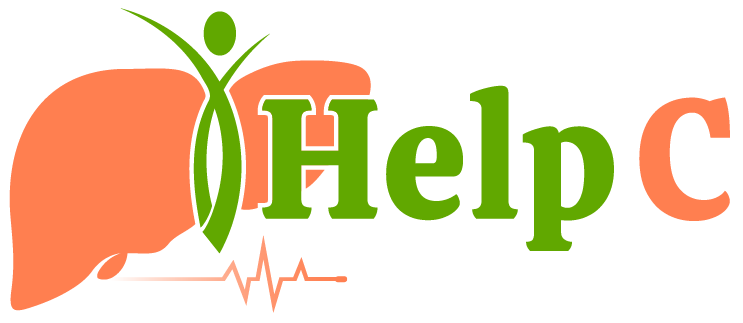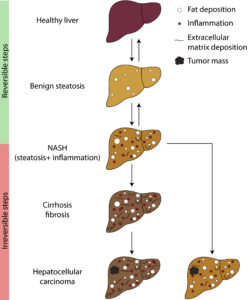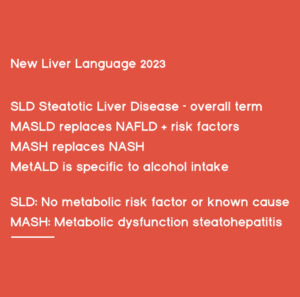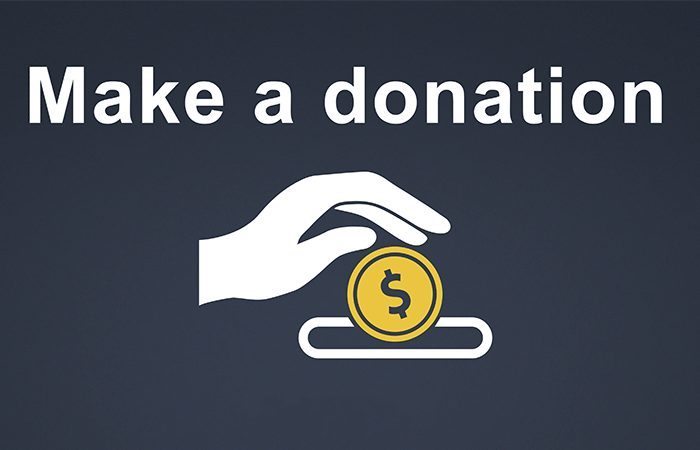Burnout is characterized by people with low engagement in things they usually enjoy. It also manifests physically through fatigue and tiredness. However, if it remains unchecked, these burnout symptoms can lead to illnesses like liver disease. Because of the instability of emotions and other factors such as health and environment, hormonal imbalance may also occur.
Burnout can be physical or emotional exhaustion caused by overwhelming demands. It comes gradually when feelings and emotions come unchecked. People who have burned out experience disengagement from things they care about, such as work, studies, or social relationships.
You might feel burned out if:
- hopeless around your work or life in general
- not spending energy in doing or caring things
- nothing makes a difference anymore
What causes burnout?
Burnout is often the result of the feeling that you are doing too much, then not being valued for that. Too much stress and responsibilities promote burnout. Other factors contribute too. Like personality traits, self-management, and lifestyle. Increasing demands from all aspects of your life, especially at work, can trigger burnout.
Ways to Help you Recover from Burnout
The first step in regaining your strength is to acknowledge that you are burned out. Individual problems can be solved on their own, but burnout is the combination of all of them and can engulf you if you do not make ways to manage it.
Rest
Give what your body wants
Rest does not necessarily mean that you need to sleep eight hours a day or spend all your vacation leave. While that is helpful, most people do not have that privilege. But, there are other ways you can attend to your physical and mental needs realistically. Maybe you can:
- Spend some time with your loved ones, and with yourself too
- Subscribe to what you consider a relaxation practice, such as meditation, podcast, or weekly exercise program
For women, burnout can affect their menstrual cycles because of hormonal imbalance. Start by creating a routine that your body can get used to. Eat healthily! Once your cycle regulates, choose the best period underwear to remain confident even while on your period.
Promote good self-care
Burnout can make you forget what you enjoy. But, small steps can help you remember it. These are the things that we tend to overlook but have an impact on our daily lives.
How we see ourselves is a reflection of how we treat ourselves. It’s never too late to go back to a skincare routine that makes you feel good. Burnout can make us unhealthy—inside and outside. So, pamper yourself with a trip to your dermatologist and clear out those clogged pores! Try new things that can benefit your skin for the better—like dry brushing!
There are many ways to cope with stress and burnout and cleaning and organizing are one of them! Start by cleaning your workspace. It seems to be an extra task, but it can help you lessen stress and become more relaxed while working.
Hydrate! Pick out a reusable flask in your favorite color that you can carry around anywhere. Make it a habit to finish or at least have 3 refills within the day, every day. It helps you become hydrated while mitigating the effects of carbon emissions with your reusable water bottle! It’s the perfect way to regain your glow and health back without harming the environment!

Reset
Recognize things you can change
Burnout is often caused by overwhelming tasks that you feel you need to do alone. Do not be afraid to seek help. Ask people to help you in what you do. Examine all your pending tasks and prioritize them. Some of them are urgent, some can be rescheduled, maybe some can be canceled. Organize what you do so you will not let anyone down, including yourself.
You can also help yourself while helping the environment too. Seek alternatives from driving to somewhere. Take a walk or ride a bike if possible, those can mitigate the effects of carbon emissions.
Restore control
Reassess the things that you do. Maybe your goals, work, passion, and values need realignment. You can start by remembering what gives meaning to what you do. For whom do you work? What is your short-term goal? Does your work contribute to what you want to do in the future? Thinking about why you started doing a thing and looking forward to what you will gain can help you take back the reins and control what you can control.
Foster work-life balance
Start balancing your time spent in work and personal matters. The best practice you can slowly develop is to stop working when you leave the office. Do not bring your work with you when you go home and limit responding to your workmates when you get home. Assign a “workroom” away from your dining room and bedroom if you work remotely.
Rise
Self-compassion
Start practicing being understanding towards yourself in difficult times. Instead of ignoring or enduring the pain, recognize that all people deserve love and acceptance, including yourself. You have to value yourself as much as the things you do for others.
We all feel a little burned out sometimes.
Burnout Recovery: 6 Ways to Help You Rest, Reset and Rise
Burnout is real. It can paralyze you from living your best life out there. But the truth is, being frustrated or exhausted because things are not going the way we want is a stage that all humans experience. Recognize that you are not the only one that feels vulnerable or inadequate, and we can all go through it.
Opening up to others can help you feel loved and have support. Start talking about your feelings to the people that you trust. Do not be afraid that you might pass on your baggage to them. Also, it is never too late to find new friends.
Thanks to my dear friend and fellow teacher Katie Pierce for this guest blog!






